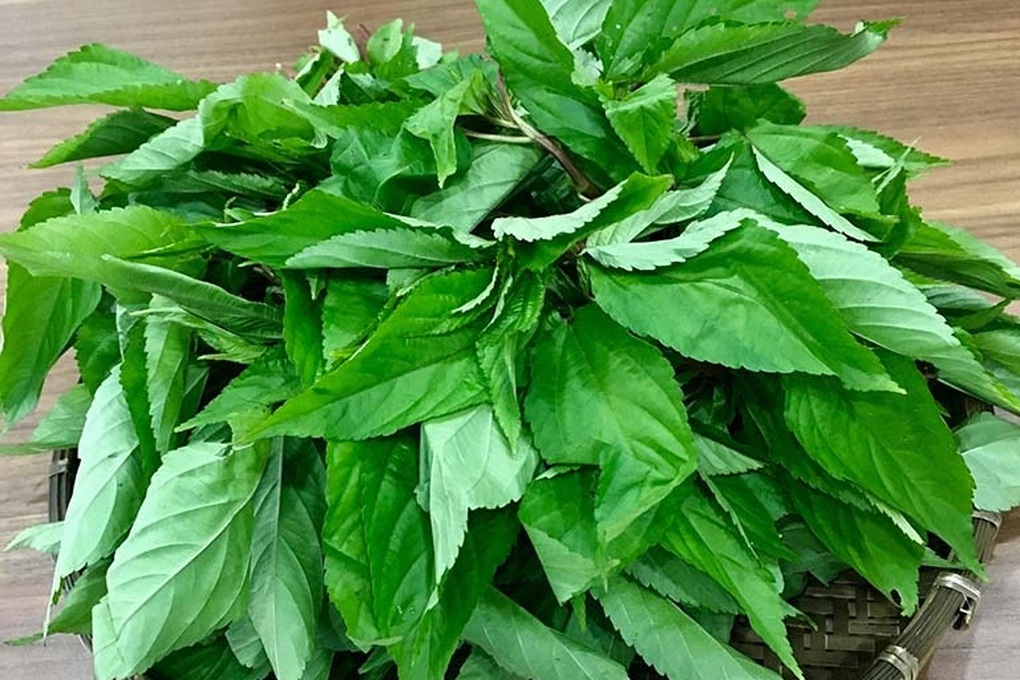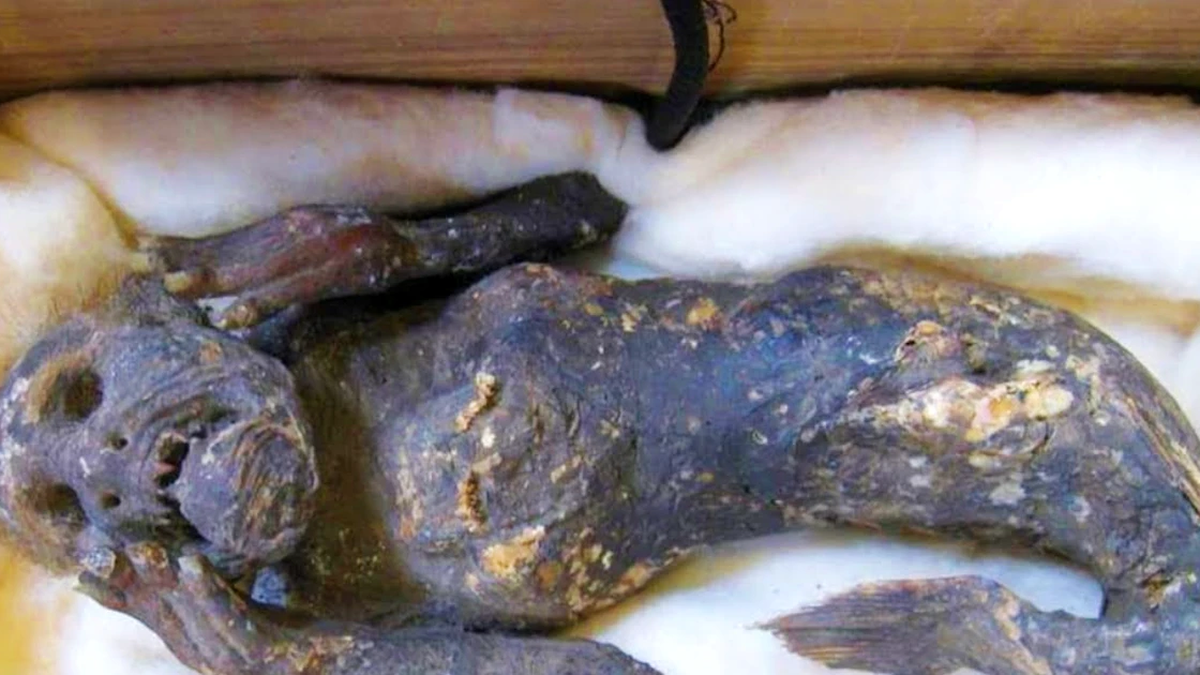A familiar vegetable in Vietnam, priced at only about 5,000 VND a bunch, jute is highly appreciated by Japanese nutritionists for its anti-aging properties, digestive support, and good for bones, joints, and immunity.
Popular vegetables, cheap, low in chemicals

Malabar spinach is a familiar vegetable to Vietnamese people (Photo: Getty).
Malabar spinach is often widely sold at traditional markets in the summer, with cheap prices and easy to find.
This is a vegetable that can grow strongly, is drought-resistant, and can withstand flooding. It does not need to be sprayed with growth stimulants to stay green. This makes jute one of the vegetables with a low risk of chemical residue, in line with the trend of safe and sustainable consumption.
According to a study published in the Journal of Food Composition and Analysis , jute contains many beneficial biological compounds such as polysaccharides, flavonoids, carotenoids and vitamins, especially natural mucilage - the factor that creates the characteristic viscosity of this vegetable.
Japanese anti-aging secrets
Many studies from Japan, including work from Kyushu University, show that the mucus in jute can help moisturize the skin, improve elasticity, prevent premature aging and support connective tissue restoration.
These natural polysaccharides also have similar effects to plant collagen, contributing to strengthening bone and joint health and the immune system.
Notably, according to data from the United States Department of Agriculture , 100g of jute contains: 498mg of calcium, 3.8mg of iron, 168mg of vitamin C, 7,490 IU of vitamin A, 141 IU of vitamin E, 0.36mg of vitamin B2...
Malabar spinach ranks high among leafy vegetables in iron (top), calcium (4th), beta-carotene and vitamin C (4th and 3rd respectively).
These are all important micronutrients that help reduce the risk of anemia, protect eyesight, act as antioxidants and support immunity, especially necessary for women, the elderly and people with stressful jobs.
Good for digestion, lactation, cooling
A study published in Plant Foods for Human Nutrition found that jute has natural laxative properties due to its high content of soluble fiber and polysaccharides. These substances help stimulate bowel movements, improve digestive function and reduce the risk of constipation.
In addition, jute is recommended for postpartum women because it stimulates milk production thanks to its rich mineral and water content. In particular, red jute (with purple stems and veins) is said to be more effective in promoting milk production than the white stem variety.
With its cooling properties, rich in water and antioxidants, jute is often cooked into heat-relieving soups in the summer, helping to cool the body, improve the skin and prevent the "internal heat" condition that often occurs in hot weather.
Notes when using jute
Although nutritious, jute is not suitable for everyone. Due to its strong laxative effect, people with diarrhea or acute digestive disorders should not use jute to avoid making the condition worse.
In addition, children under 5 years old should not eat too much jute, because the mucus and oxalate in the vegetable can affect the ability to absorb calcium and zinc. These are two important micronutrients for bone and immune system development in young children.
Experts recommend that if you are not used to the slimy taste, you can combine jute with some ingredients such as:
- Field crab, Malabar spinach, squash: Helps reduce viscosity, increases sweetness and makes it easier to eat.
- Fresh shrimp or minced meat: Cook simple soup, add green onions and spices to cover the characteristic slimy smell.
- Cook until thick and then filter the water: This method is often used for women after giving birth or people with constipation, just drinking boiled jute water is also effective.
In addition, some countries such as Japan and Egypt also dry or grind jute into powder to use in smoothies, soups or functional food pills, which is both convenient and retains nutrients.
Source: https://dantri.com.vn/suc-khoe/loai-rau-sieu-re-it-ngam-hoa-chat-nguoi-nhat-khen-het-loi-20250715081925652.htm




































































































Comment (0)